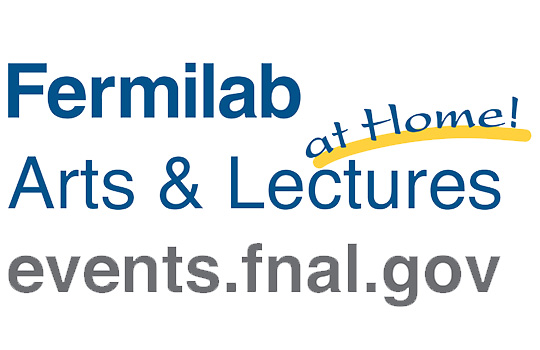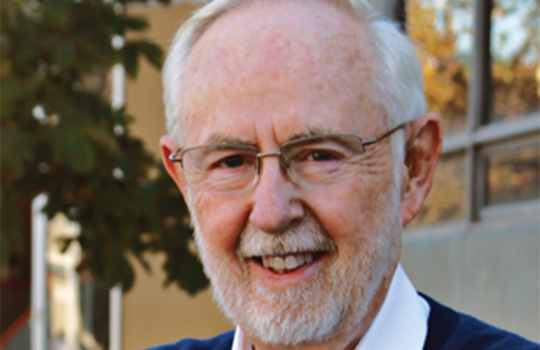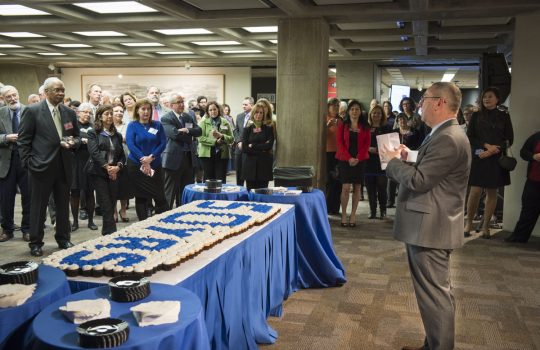JAN.5 TALK CANCELED DUE TO INCLEMENT WEATHER
BATAVIA, Illinois–Astronauts and comic book superheroes command (or contradict) the laws of physics with equally spectacular results, and the Department of Energy’s Fermilab Colloquium Series will explore the roles of both in the next two talks: “Beyond ‘Tang:’ The Hidden Benefits of the Space Program,” on Wednesday, January 5; and “The Uncanny Physics of Superhero Comic Books,” on Wednesday, January 12. Both presentations are geared to general audiences, are free, and are open to the public at 4 p.m. in 1 West in the Wilson Hall Atrium.
Media and the public wishing to attend the talks must contact the Fermilab Office of Public Affairs (630-840-3351, or 840-5678) before noon on the day of the presentation. They must enter through the west (Pine Street) entrance with photo identification, and must tell security officers that they are attending the Colloquium presentation.
Nadine Barlow, Assistant Professor of Physics and Astronomy at the University of Northern Arizona, goes beyond the orange drink that the Apollo astronauts took to the moon, to examine other space program spin-offs: bar coding, medical imaging, suits worn by fire-fighters, smoke detectors, thermal gloves and boots are some examples. Detection of the 750K surface temperature of Venus in the 1960’s led to the realization that the greenhouse effect (or “global warming”) raised concerns for our own environment.
James Kakalios teaches a freshman physics course at the University of Minnesota called “Everything I Know About Science I Learned From Reading Comic Books,” and declares that “superhero comic books get their science right more often than one would expect.” Kakalios uses comic books, along with recent Hollywood movies, to illustrate basic physical principles such as forces and motion, conservation of energy, electricity and magnetism, and elementary quantum mechanics. Just one example: How strong would you actually have to be to “leap tall buildings in a single bound?”
Colloquium chair Cathy Newman Holmes of PPD-Experimental Physics Projects says she’s always looking for people who can explain the benefits of scientific research, as in Barlow’s talk. “We can always spend more time talking about this,” she says. And as for the superheroes: “There’s certainly widespread interest in them, and local high school teachers in particular might find some tips for illustrating basic physics principles.”
Again: Media and the public wishing to attend the talks must contact the Fermilab Office of Public Affairs (630-840-3351, or 840-5678) before noon on the day of the presentation. They must enter through the west (Pine Street) entrance with photo identification, and must tell security officers that they are attending the Colloquium presentation.
Fermilab is a DOE Office of Science National Laboratory, operated by Universities Research Association, Inc., under contract with the U.S. Department of Energy.



